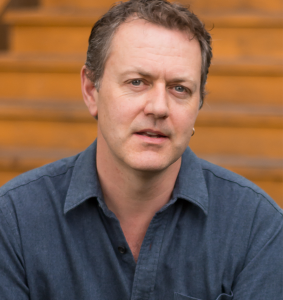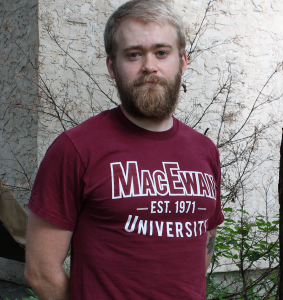Crossing the T(erritorie)s and Dotting the I(dentitie)s:
Community Connections and Social Integration through Literacy for Newcomers to Canada
Our research project is an ethnographic study situated within two, beginner-level Language Instruction for Newcomers to Canada (LINC) classes offered by the DIVERSEcity Community Resources Society (DCRS) in Surrey, British Columbia. These classes are funded by the Canadian federal government and are intended to provide English language and literacy instruction for permanent residents who have recently migrated to Canada and wish to improve their English. Welcoming students from all over the world, DCRS’s classes are characterized by a high degree of linguistic and cultural diversity. Our research project examines the role that LINC classes have played in facilitating the integration of newcomers into their lives in Canada, the experiences of both teaching and learning English language and literacy skills as they navigate this microcosm of multiculturalism and explores the dramatic shift to hybrid (virtual and in-person) learning in the wake of the COVID-19 pandemic and its impact on the realization of the LINC program goals. Through participant observation and collaboration with students and teachers, we seek to identify ways to mitigate the challenges of virtual learning and also to harness the potential of digital literacy for expanding opportunities for connection and learning beyond DCRS’s physical classrooms. We hope that the insights based on our observations and interviews may help enhance DCRS’s capacity to adapt their teaching practices in preparation for future uncertainties and serve to cultivate a more empowered learning community for their students.
Monday, June 20, 2022
14:00 EDT
11:00 PDT, 12:00 MDT, 15:00 ADT
19:00 BST

Dr. Mark Turin
Co-Lead of Language Background and Culture
University of British Columbia
Mark Turin is an anthropologist, linguist and occasional radio presenter. His research focuses on language reclamation, revitalization, documentation and conservation; language mapping, policies, politics and language rights; orality, archives, digital tools and technology. He brings over 20 years of fieldwork experience in the Himalayas and more recently with communities in the Pacific Northwest to this SSHRC PG. Together with Co-Lead Henny Yeung, Mark will focus on linguistic and cultural diversities, in particular examining strengths and challenges in acquiring full literacy in one of Canada’s official languages.

Robert Hanks
MA Student, Anthropology
University of British Columbia
Robert Hanks is a linguistic anthropologist focusing on language education and Indigenous language revitalization. He is a MA student in the department of Anthropology at the University of British Columbia, and his current research (supervised by Dr. Mark Turin) examines the effects of institutionalized values and beliefs about language on teaching practices, assessments, and the development of curricula goals. In this way, Robert hopes to contribute work exploring how current language pedagogy may be innovated and adapted to better serve the needs and goals of students and their communities.

